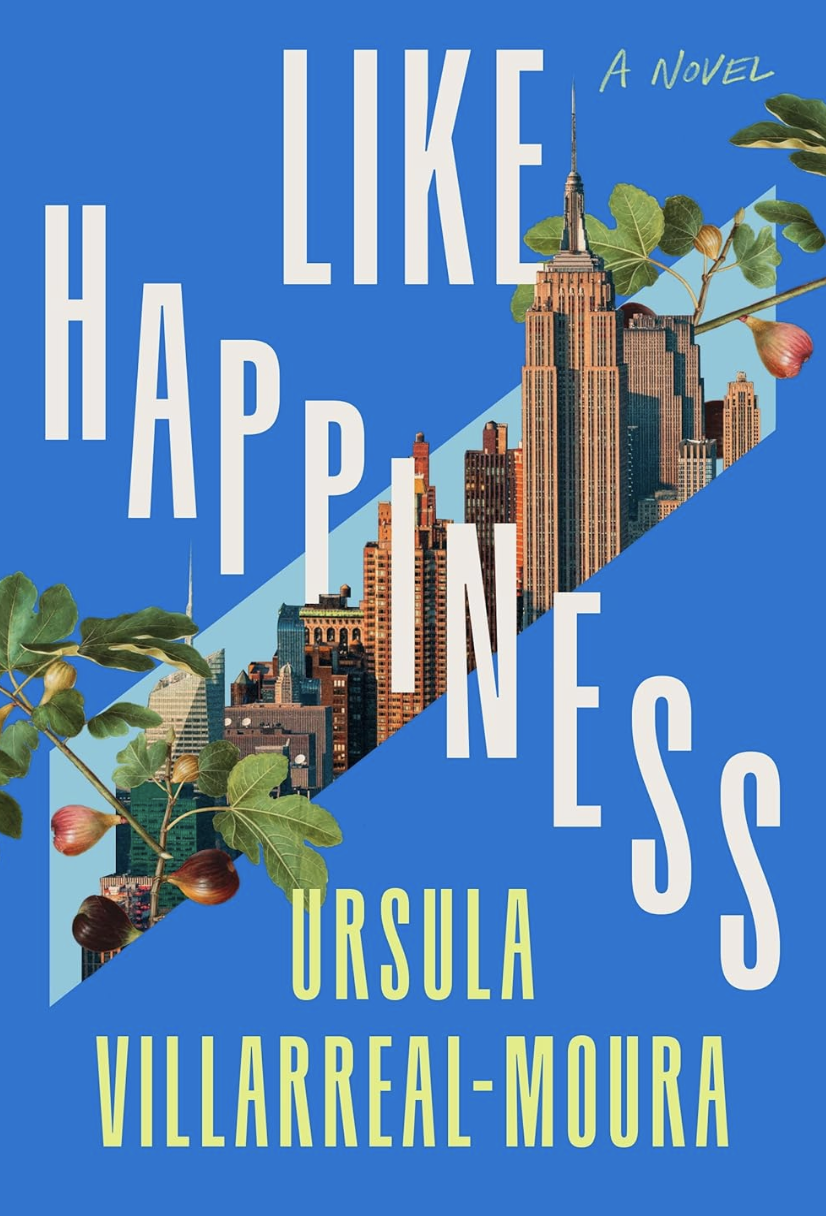Unexpectedly, Mateo responds, and soon he and Tatum are exchanging emails, phone calls, and the intimacies of their daily lives, the music they enjoy, the books they revere, and more. Mateo even comes to stay with Tatum on Cape Cod when she gets a housesitting gig there for the summer after she graduates. Is this inappropriate? Tatum is 22 or so at this point, clearly an adult; she knows her own mind and can certainly foster a friendship with an older man if she wishes. But Mateo is 30, a renowned if tokenized author, with more money, power, and status than his young admirer.
Over the course of the following decade, Tatum becomes more and more intertwined with Mateo’s life. She travels with him to reading gigs all over the country; she tends to his insecurities and soothes his ego; she nurses both romantic and platonic feelings for him, sometimes reciprocated yet often not; and, perhaps most importantly, she allows her preoccupation with both his brilliance and his confessed brokenness to undermine her own desires, aspirations, and difficulties.
In a 2022 interview with the literary magazine TriQuarterly, Villarreal-Moura said, “Everyone assumes my fiction is autobiographical. That probably has to do with my being a woman. People always assume women are writing about their lives.” Back then, Like Happiness had only recently sold, and all potential readers knew then was that it was about a lengthy relationship between a famous Puerto Rican writer and a young Mexican American college student that begins when she writes him a fan letter. Villarreal-Moura shared that based on the mere premise, people began asking whether the novel was autobiographical, to which she replied, “No. It’s a product of my imagination.”
The author is correct in her assessment that writers who are women and/or queer are far too often assumed to be writing autobiographically. In the case of this novel in particular, however, it’s easy to see why some contemporary readers would assume some basis in reality; the story of someone like Mateo taking advantage of younger women is all too common, and various literary luminaries have been accused of abusive behavior during the last decade (and many more are spoken about in the hushed tones and private messages of the whisper network).

9(MDAxOTAwOTE4MDEyMTkxMDAzNjczZDljZA004))

